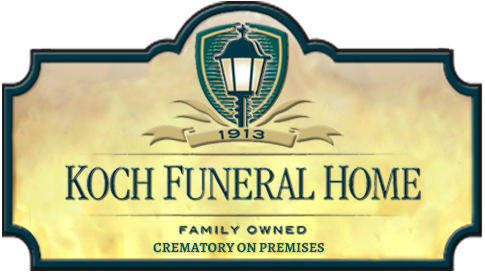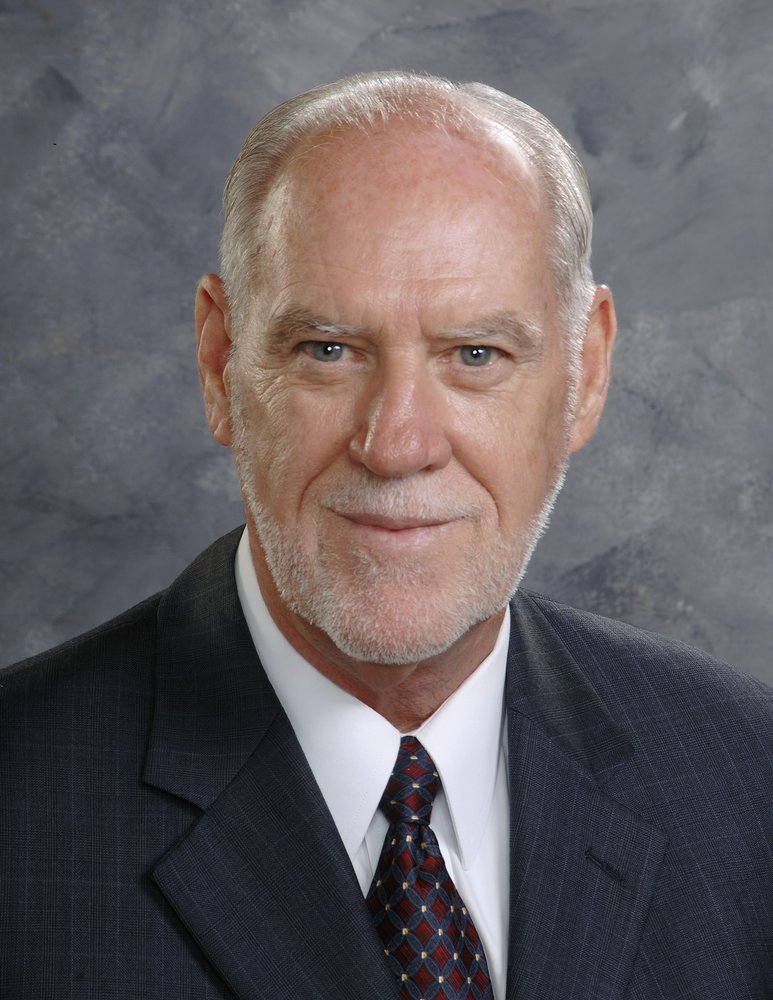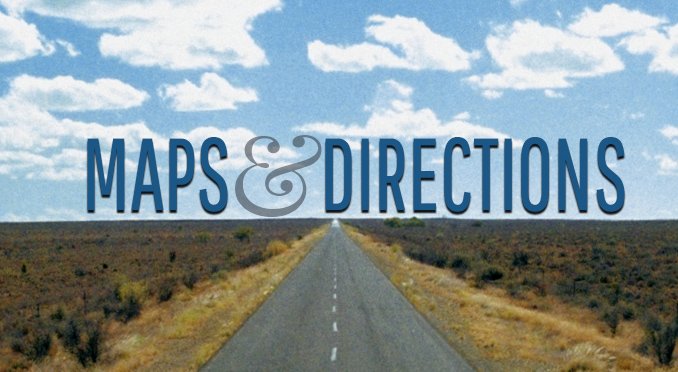Lessons Learned As A Funeral Director
When I began my career in the funeral industry at the age of 21, I had a lot to learn. Looking back on it a half-century later, one thing I’ve learned is I would do it all over again. Although the hours were pretty hard on my family and me, I would choose this profession every time.
What started out as a job became a ministry of sorts; I don’t believe you can do this type of work if you consider it just a job. I care about what I do and the people I serve, those I know well and those I meet for the first time. As l anticipate observing my 75th birthday, I realize that aging has allowed me to better understand my own feelings about death and that has helped me understand how to serve the needs of others who have recently experienced a loss of significance to them.
Another thing I’ve learned is the funeral industry is continually changing along with our society’s culture. There used to be a standard procedure for having a funeral — a death occurred one day, you had a visitation the next and a funeral the third. In most cases a religious group was involved in this process. Today that isn’t the case. Services are sometimes held days, weeks or even months after the death. Religious groups aren’t always involved. Some of these changes have helped people to create more personalized services. Others have caused people to flounder as they search for ways to honor their loved ones and try to reinvent the system. Traditions can help provide meaning. And the more the family participates in the entire process, the better for their healing.
Others lessons I’ve learned are:
Visitations are very important. This piece of the funeral is extremely social and brings comfort to family members. It also provides an opportunity for loved ones to release emotions, renew relationships and feel the support of those by their side. When my wife died two years ago, I remember vividly that my immediate family was all assembled with me, as well as members of my extended family. Many people came through the receiving line and offered their condolences in a simple manner. I appreciated the support of all of these people.
There is value in having the body present. Most people will initially say they don’t like open casket viewings, but after seeing their loved ones, choose to keep it open. This helps them accept the reality of the death and have one more opportunity to say farewell.
Services matter. Honoring loved ones with a funeral or memorial service speaks to how we value life — a life stopped. It is important for us to stop our lives for a moment to recognize that life. Families who go through the entire process of visitations, funerals and gatherings often comment about how they feel good about what they have done. Services help the healing begin. My experience is that those people who simply want to get the process over with leave our care feeling unsettled.
Bodies should be treated with respect. Even when life is gone, bodies are still people deserving dignity, care and respect.
Very few decisions are made strictly on a financial basis. People choose services like they live their lives — if they lived modestly, they have a modest funeral.
Final dispositions should be chosen by the family. Whether they choose burial or cremation, the important thing is that it’s what the family desires.
Allowing your emotions to flow helps you heal. I’ve noticed that people who allow themselves to express emotions seem to do better than those who bottle them up inside. I’ve also noticed that is difficult for some of us to do that.
It’s a privilege to walk with people through dark and difficult times. I’ve been witness to a lot of love, anger, sharing and appreciation. That has been an honor.
I have to accept death.
When people who know me see me in a hospital corridor, they feel like they have to whistle or hold their breath like they do when they ride by a cemetery.
Ultimately I’ve learned what matters most is going home at night feeling that I’ve done my best in trying to help society. And as I learned in the Jaycees years ago, if that means my garage is a little dirty as a result, that is OK.
F. Glenn Fleming is the owner and supervisor of Koch Funeral Home, www.kochfuneralhome.com, and has been a licensed funeral director for more than 50 years. He is also a founding supporter of Learning to Live: What’s Your Story?. www.ltlwys.org.







Comments